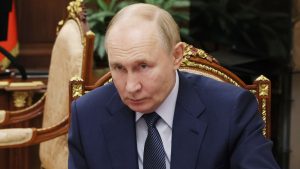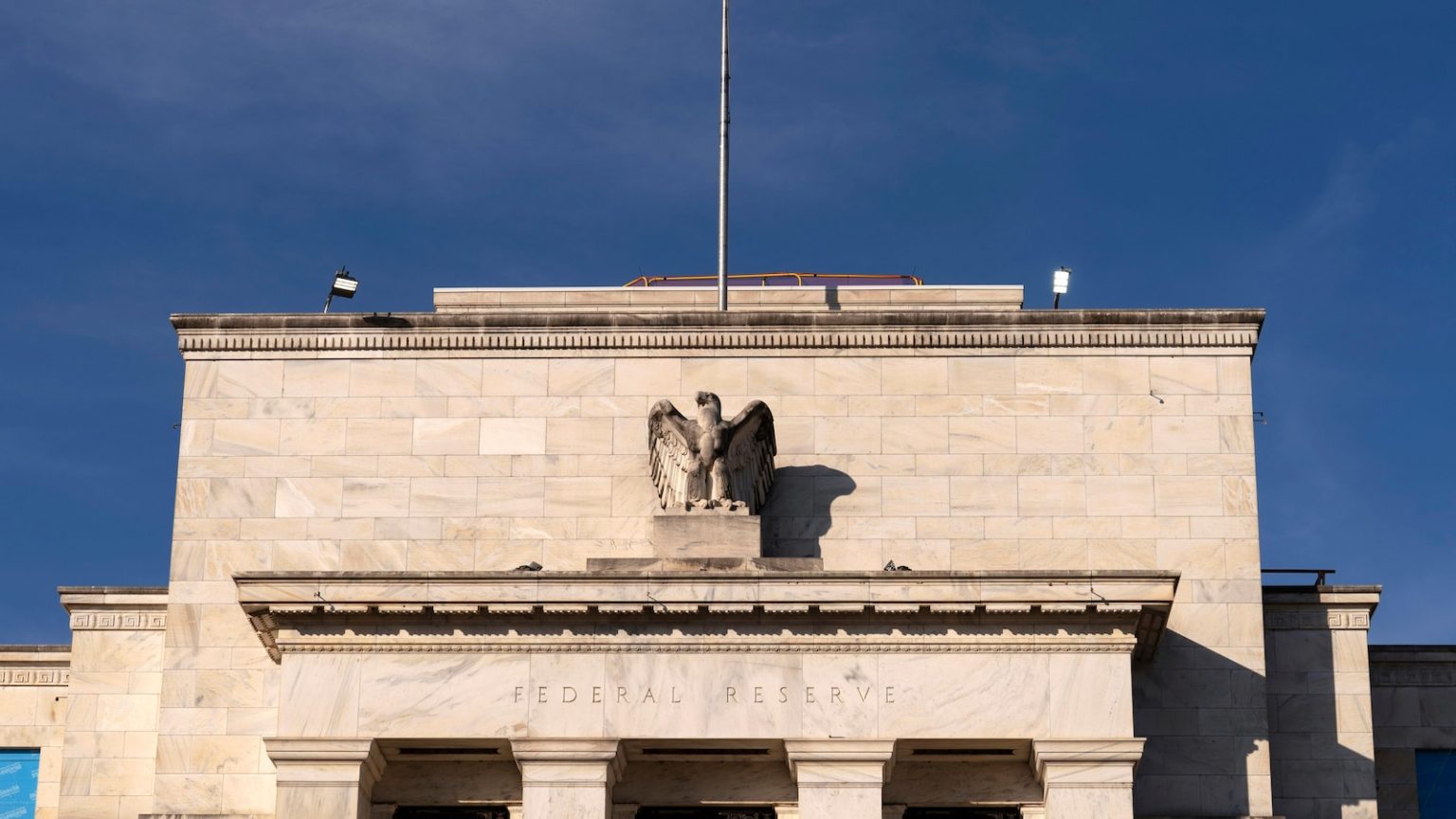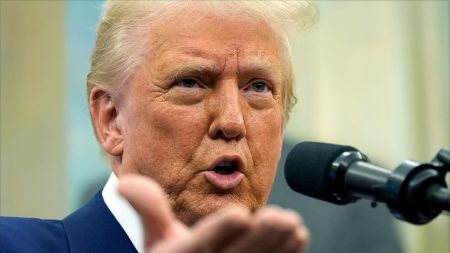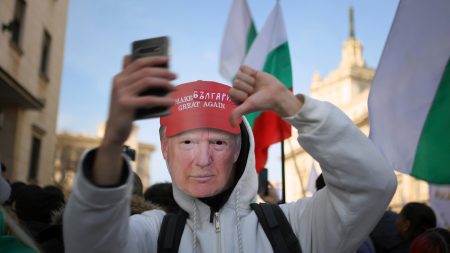Former Federal Reserve Adviser Arrested for Alleged Espionage on Behalf of China
In a shocking turn of events, federal authorities have arrested a former senior adviser at the Federal Reserve for allegedly stealing highly sensitive economic information and selling it to Chinese intelligence officials. John Harold Rogers, a 63-year-old economist from Vienna, Virginia, has been indicted by a grand jury on charges of espionage and trade secret theft. The Department of Justice announced his arrest on Friday, the same day he appeared in court for the first time. Rogers is currently being held without bond and is scheduled for arraignment on Tuesday.
Betrayal of Trust: Rogers’ Role at the Federal Reserve and Alleged Espionage
Rogers, who holds a Ph.D. in economics, worked at the Federal Reserve from 2010 to 2021, serving as a Senior Adviser in the Division of International Finance. During his tenure, he had access to classified economic data, including Federal Open Market Committee deliberations, briefing books for Federal Reserve governors, and details of future policy announcements. Prosecutors allege that Rogers exploited this access to steal sensitive information, which he then passed on to Chinese intelligence operatives. The indictment claims that he was paid at least $450,000 for the information, which could have provided China with a strategic economic advantage over the United States.
The Web of Deception: How Rogers Allegedly Sold U.S. Secrets
According to the indictment, Rogers’ alleged espionage activities began as early as 2013, when he started communicating with two Chinese co-conspirators. To facilitate the transfer of information, Rogers reportedly forwarded classified data to his personal email account or printed copies of sensitive documents, which he then handed over to his Chinese contacts. To avoid detection, Rogers posed as a university professor in China, using this cover story to justify his frequent visits to the country. In 2023, he even received $450,000 as part of his alleged role as a part-time professor at a Chinese university, further solidifying his cover.
The Significance of the Stolen Information
The information Rogers allegedly provided to Chinese intelligence could have far-reaching implications for U.S. national security and economic stability. The stolen data included proprietary economic analyses, details of federal funds rate changes, and insights into U.S. tariff policies targeting China. This information could have allowed Chinese financial institutions to engage in insider trading or manipulate U.S. markets for their benefit. As of October 2024, China held approximately $816 billion in U.S. foreign debt, making the potential for economic manipulation particularly alarming. The Justice Department has emphasized that such actions could undermine U.S. economic interests and give China an unfair advantage in global financial markets.
The Indictment and Its Implications
The indictment of John Harold Rogers sends a clear message about the U.S. government’s commitment to protecting national security and holding individuals accountable for acts of betrayal. Assistant Director Kevin Vorndran of the FBI Counterintelligence Division stated, "As alleged in the indictment, Rogers betrayed his country while employed at the Federal Reserve by providing restricted U.S. financial and economic information to Chinese government intelligence officers." Vorndran added that the indictment demonstrates the FBI’s resolve to counter threats to U.S. national security and prevent adversaries from gaining an unfair economic advantage.
The Broader Picture: Espionage, National Security, and the Fight Against Economic Threats
Rogers’ case highlights the ongoing challenge of protecting sensitive information in an increasingly interconnected world. The alleged betrayal of trust by someone in such a high-level position underscores the vulnerabilities that exist within even the most secure institutions. The case also serves as a reminder of the lengths to which foreign adversaries, particularly China, will go to gain access to U.S. economic secrets. As the investigation into Rogers’ activities continues, it is likely to shed further light on the tactics used by Chinese intelligence operatives and the measures needed to prevent similar breaches in the future. For now, Rogers faces serious charges that could result in severe penalties, marking a dramatic fall from grace for a man who once held a position of great trust and responsibility.















